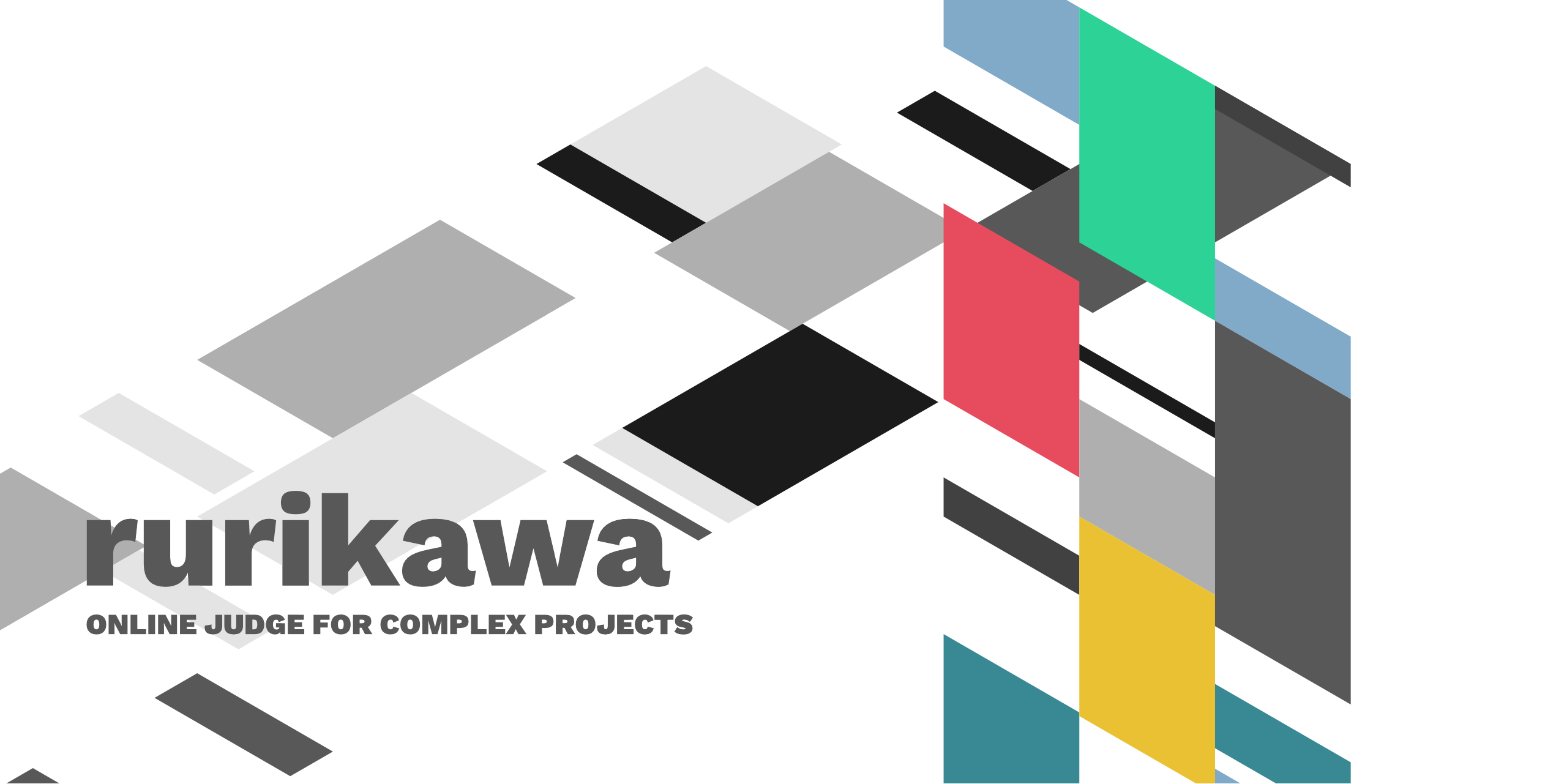Rurikawa
Rurikawa is a simple Docker-based online judge system for complex multi-file projects with changing building scripts and multi-stage assignments.
Rurikawa(琉璃川)是一个简易的自动评测系统,主要面向构建流程多变、复杂的多文件项目,以及多阶段的作业。
Features
- Online judging system
- Git repository submission (plus, it's the only way to submit, so you always have your submission versioned)
- Customize assignment building scripts using Dockerfile
- Standalone judgers (judger tags coming soon™)
- "Special judge" scripts for complex judging dynamic scoring
- Horizontally-scalable backend design
Not-yet implemented
- I18n (Currently only supports Chinese)
Running
Before running
You'll need these tools to run a Rurikawa server (coordinator + web):
- A
PostgreSQL-compatible database (You can tryCockroachDB, though it hasn't been tested). - A Amazon S3-compatible object storage service (I would recommend
Minioif you're serving your own files). - Redis.
- Any recent version of
gitinside coordinator environment.
You can refer to the development docker compose file (dev.docker-compose.yml) for an example.
You'll need these tools to run a Rurikawa judger:
- A Unix-family operating system (Sadly, windows doesn't work for now).
Any recent version ofJudger now uses Rustls for network connections.openssl.- Any recent version of
git. - Any recent version of
docker, with API exposed at the default path.- You might need to log into a paid account if your clients use many different kinds of build environments - Docker now limits access rates for unpaid accounts.
- You might need to run
docuumto manage Docker's build image cache.
You can check out the corresponding dockerfiles provided for detailed building instructions.
Backend
Configure coordinator/appsettings.json before running:
{
// These parts are for controlling logging behavior. Change if you need.
"Logging": {
"LogLevel": {
"Default": "Information",
"Microsoft": "Warning",
"Microsoft.Hosting.Lifetime": "Information"
}
},
// Enter information about your database here:
"pgsqlLink": "Host=<host>;Database=<db>;Port=<port>;Username=<username>;Password=<password>",
// Enter your Redis host here:
"redisLink": "<redis>",
// Enter information about your OSS here:
"testStorage": {
"endpoint": "<your_endpoint>",
"accessKey": "<your_access_key>",
"secretKey": "<your_secret_key>",
"bucket": "<your_bucket>",
"ssl": true
}
}You can find an example of this file at coordinator/appsettings.dev.json.
You'll also need an ECDSA private key in PFX format next to the coordinator CWD, as certs/dev.pfx (Subject to change), in order to sign JWTs.
To run coordinator, run:
$ dotnet run
Judger
You'll need coordinator running before running judger.
To run the judger the first time, you'll need a register token from coordinator. Visit <your_web_host>/admin/judger to get a token, and then run:
$ path/to/rurikawa connect <your_coordinator_host> --register-token <token>
In subsequent runs, only rurikawa connect is needed if the configuration stays the same.
Data created by the judger will be stored at ~/.rurikawa.
License
MIT.
Copyright (c) 2020--2021, Karenia Works (Rynco Maekawa & Rami3L Li).
Naming
Rurikawa is the name of a fictional high school (Rurikawa High School or Liulichuan High School, 琉璃川高等学校), in volvacea's doujin novel series Two Centimeters Above The Clouds, inside the world of the web novel series Illumine Lingao. A rough guess of this high school's position in real world is near Toupu Village, Longhua District, Haikou, Hainan.
